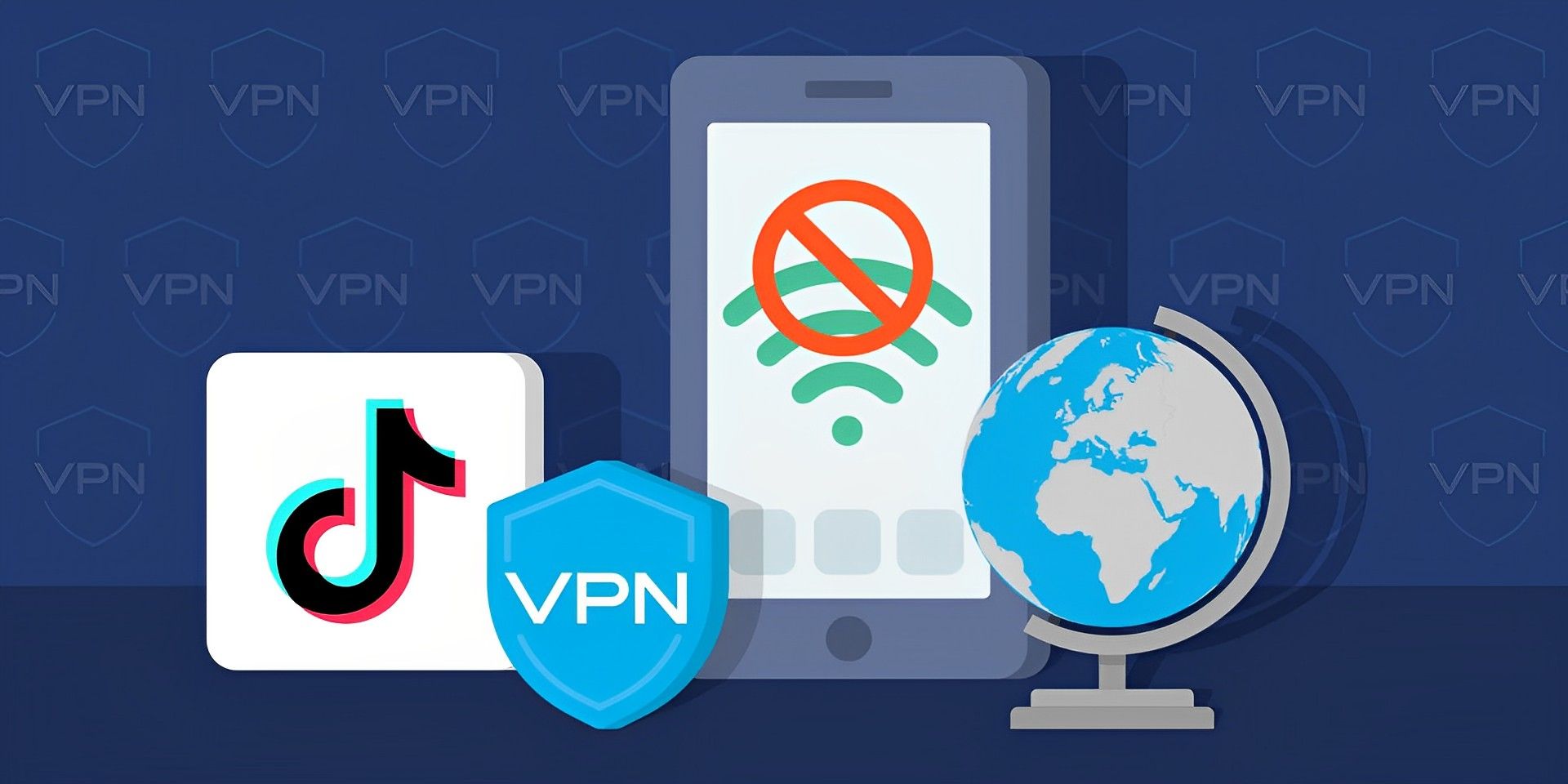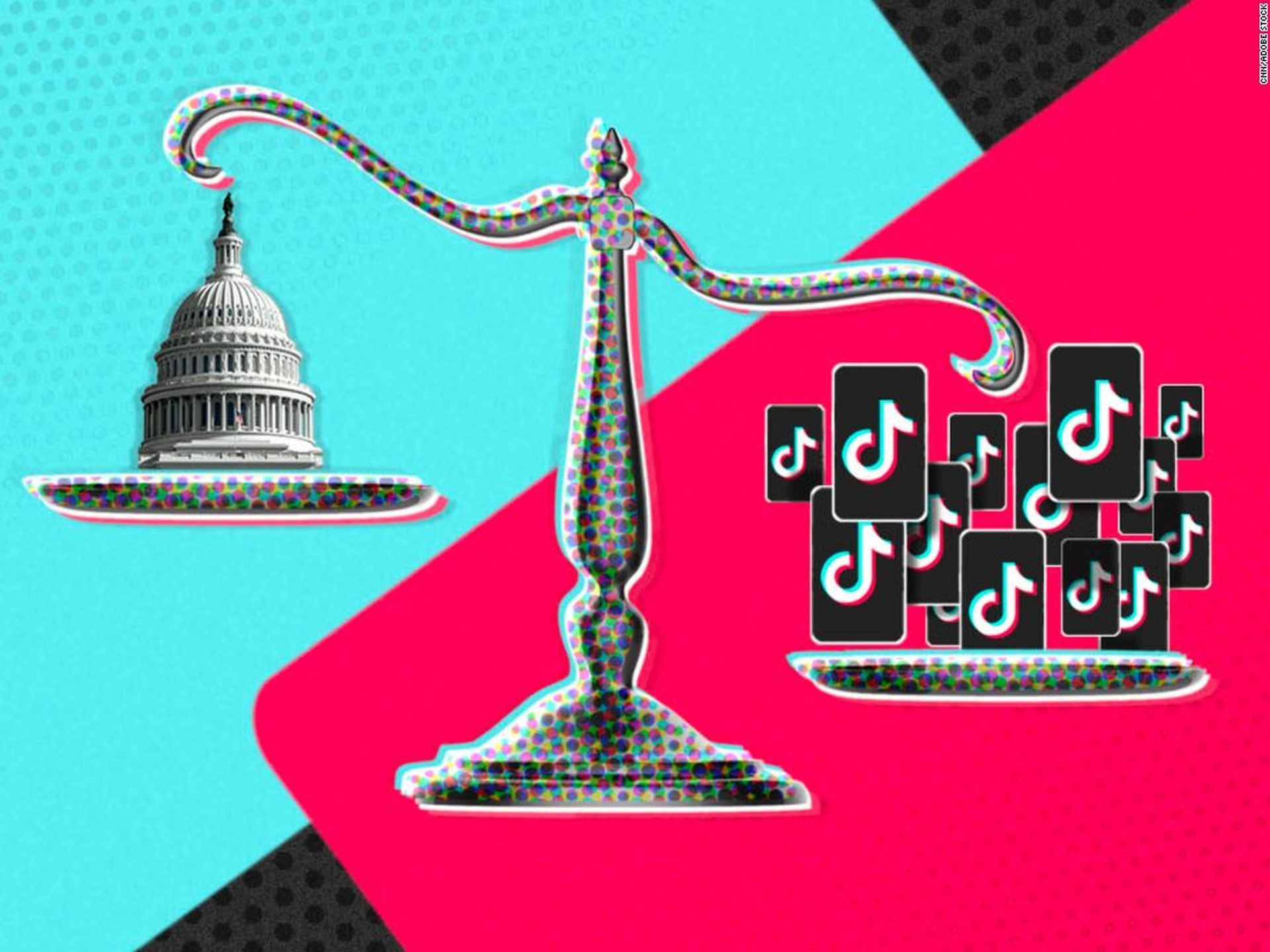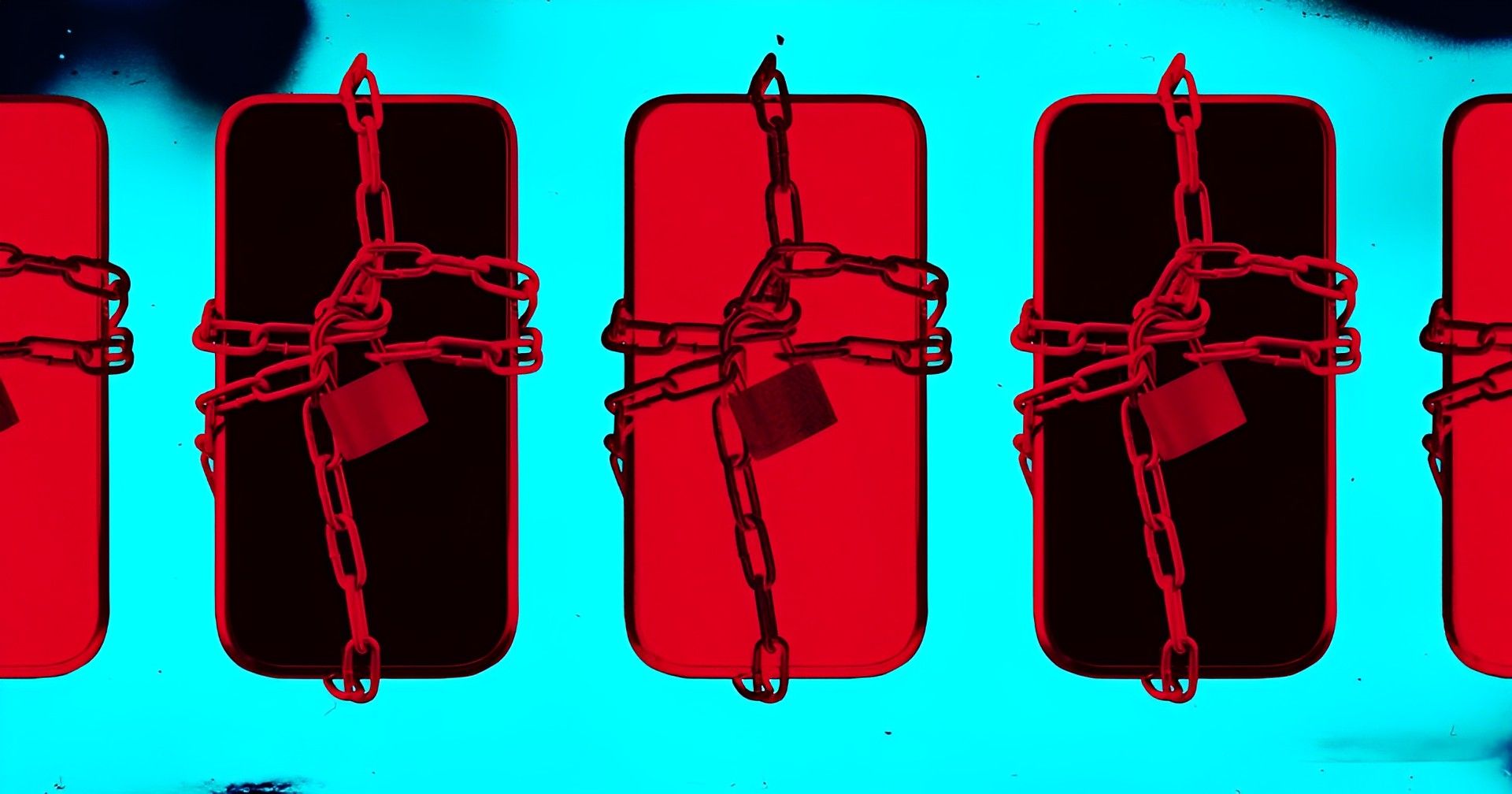After the TikTok ban VPNs are seemingly going to be the only way to access the app for users. Millions of devoted users will be looking for a means to access the Chinese-owned social media phenomenon after hearing that the White House and the Senate are supporting legislation that would limit or possibly outright ban TikTok nationwide.
The most recent nations to prohibit TikTok on devices used by the government are the UK, EU, Canada, and New Zealand. We don’t see this trend slowing down, and it’s possible that these nations may soon face total prohibitions as well.

Furthermore, TikTok isn’t just despised by nations like the US. A few other nations that have taken action against Bytedance’s app include Iran, India, and Taiwan.
With TikTok ban VPNs might be the only mean of access
Although TikTok has tightened its content control policies and data security measures to quell these concerns, it hasn’t been successful to get rid of the cloud of suspicion around it: Are you aware of what data does TikTok collect?
And right now, the US is about to outright outlaw it. Moreover, the Restrict Act, a bill co-sponsored by Senators John Thune (R-SD) and Mark Warner (D-VA), may lead to the prohibition’s implementation.
Given the uncertainty of this law, some seem to believe that even utilizing VPNs as a workaround to access services that are blocked in the US will result in people being punished and receiving up to 20 years in prison.
Will using VPN to access TikTok be illegal?
The RESTRICT Act has caused concern among tech magazines and social media users because it could outlaw the usage of VPNs (virtual private networks) in certain situations.
With TikTok ban VPNs shield users’ online behavior by routing it through a server in another country, changing their online signature in the process, and occasionally enabling users to get over regional limitations. Although using a VPN to access the Chinese or Russian internet is perfectly lawful in the United States, some users assert that doing so could be against the law under the RESTRICT Act.

However, this reading was disputed by Warner’s office: “This legislation is aimed squarely at companies like Kaspersky, Huawei, and TikTok that create systemic risks to the United States’ national security – not at individual users,” Rachel Cohen, a spokeswoman for Warner, told.
Although the legislation does not specifically mention TikTok ban VPNs, some have suggested this week that the bill’s text could allow legislators to impose sanctions on VPN users.
In order to be held accountable under the proposed legislation, according to Cohen, there must be “sabotage or subversion” of American technology, “catastrophic impacts,” or “interfering with, or influencing the result” of a federal election.
In accordance with the RESTRICT Act, Gina Raimondo, the secretary of commerce, would have the authority to “identify, deter, disrupt, prevent, prohibit, investigate, or otherwise mitigate… any risk arising from any covered transaction by any person, or with respect to any property” if she determines that the transactions pose “an undue or unacceptable risk” and may involve “foreign nations of concern,” such as China or Iran.

The White House as well as a number of Republicans favor Warner’s bill, making it the top option for addressing concerns shared by both parties regarding TikTok’s ties to the Chinese Communist Party. Conservatives and libertarians have recently warned that doing so would give the government too much power to restrict speech.
TikTok CEO Shou Zi Chew appeared before Congress last week, where he was grilled by lawmakers on both sides over the company’s practices: Shou Zi Chew’s confessions at the TikTok congressional hearing





